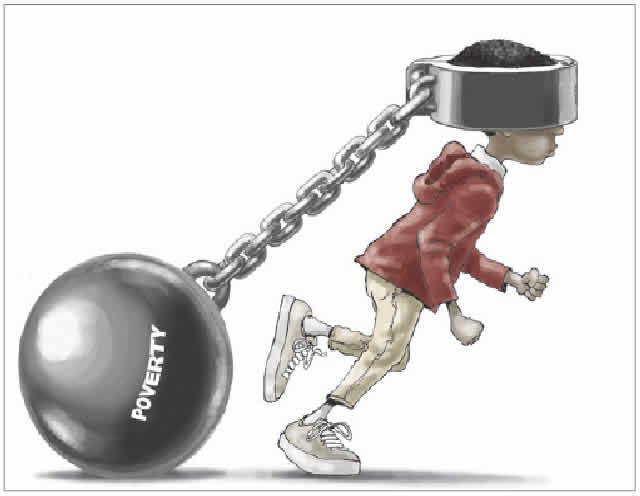
A civil society organisation under the aegis of PUSH Africa on Monday challenged aspirants for the 2023 general elections at all levels to focus their governance agenda on halting the spread of poverty in the country.
The CSO stated that this could be achieved through the development of people-oriented programmes and policies.
The founder of PUSH Africa, Doris Egbaramen, stated these while flagging off the ‘Do-One-Thing’ initiative, aimed at promoting socio-economic justice for the poor.
According to her, available data show that about 95.1 million Nigerians, close to half of Nigeria’s population still live below the poverty line.
Egbaramen said, “As political activities towards next year’s elections heat up, prospective leaders who are aspiring to vie for various political offices should give priority attention to the raging increase in the number of poor people in the country.
“They should show to the Nigerian people that they have a practical and actionable plan to tackle pervasive and deepening poverty in their various constituencies.
“This current situation is disturbing and if we are not intentional about this issue, the statistics will get worse and the consequences in terms of negative socio-economic impact and underdevelopment will keep getting worse. For the sake of the current and future generations, we cannot allow this to happen.
“Poverty is linked to many negative vices such as inadequate nutrition and food insecurity, lack of access to health care, insecurity, homelessness, unsafe neighbourhoods and it is also linked to the ugly head called corruption which adversely impacts our nation’s wellbeing.”
While acknowledging the Federal Government’s efforts to lift 100 Nigerians out of poverty, in the terms of the will shown by the President, Major General Muhammadu Bihari (retd.), PUSH Africa said that there was a need to troubleshoot the current efforts to find out why poverty numbers were getting worse despite the policy prescriptions being implemented.
“We need to check how well the solutions being administered are working and detect problem areas that need to be focused on and improved. We need to check to see if it is really working because the numbers in the states are not saying so.”
Copyright PUNCH.
All rights reserved. This material, and other digital content on this website, may not be reproduced, published, broadcast, rewritten or redistributed in whole or in part without prior express written permission from PUNCH.
Contact: [email protected]





